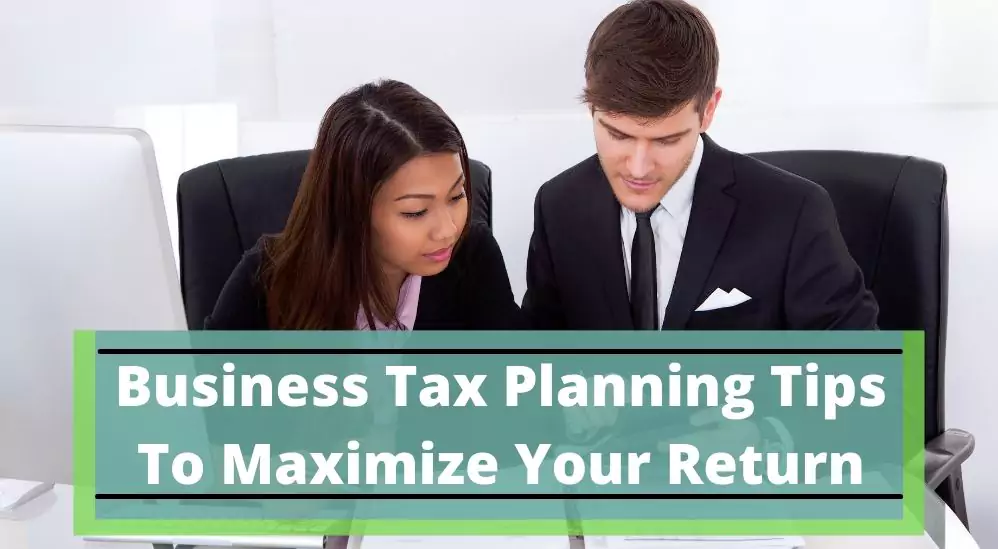March 4, 2022
taxreturnperth
The end of the tax year is a good time to look at both the expected taxable income for the current fiscal year 2020-21 and projected taxable income for 2021-22. As they can help guide tax planning strategies.
If an individual is expecting to have a higher income for the current financial year. Compared to the expectations of the next financial year, one needs to talk to a tax consultant in Perth. One can consult with accountants to consider:
- Prepaying some current expenses like insurance and subscriptions for the current financial year. Twelve months of next year’s expenses can be deducted in the current tax year.
- Taking advantage of depreciation measures like temporary full expensing. Immediately deduct the business portion of the cost of eligible depreciating assets. This includes the assets that were first held and used/installed ready for use by October 2020 to June 2022.
- Postponing and reviewing invoicing for the current tax year if it is appropriate.
- Topping up the voluntary superannuation contributions.
- Reviewing debtors and writing off irrecoverable debts.
- Deducting start-up expenses, if applicable, include obtaining accounting or legal advice on business structure and fees related to establishing the structure.
Read More:- Reasons to Hire SMSF Accountants for Your SMSF Tax Return
Business Tax Tips For Small Business Owners
Some of the tax planning strategies one needs to discuss with their accountants are as follows-
- Accounting for GST on a cash basis
This indicates accounting for GST on a cash basis rather than accruals to pay GST to the ATO in the period one receives payments and not when issuing invoices. GST cash accounting is also beneficial for improving cash flow.
- Small business restructures rollover.
This tax planning strategy is beneficial in situations where one could change a family partnership to a family trust. If an individual owns a small business, they can transfer an active asset (such as goodwill) to another SBE as part of a genuine business restructure. There is no replacement in the ownership of the asset in that SBE.
This indicates no capital gains are payable. But state transfer tax could still apply.
One could take advantage of the government’s temporary expensing stimulus measure that allows eligible businesses to:
- Deduct the business portion of the cost of eligible new depreciating assets that are first held and used or installed ready for use for taxable purposes.
- Deducting the business portion of eligible second-hand depreciating assets.
- To apply temporary full expensing to the business portion of the cost of improvements done to eligible depreciating assets. This applies even if the assets were obtained before 7:30 pm on 6 October 2020.
If one does not claim a deduction for the asset under temporary full expense. One could claim a deduction under the instant asset write-off or backing business investment. One can visit the ATO website to find more regarding economic stimulus measures.
Is The Return Correct And Current?
Having accurate and current information is an important aspect of planning business tax return that can help one to maximize deduction and allow the owner and accountant to make informed tax decisions. It includes the following things:
- Ensuring one has included COVID-19 stimulus payments as part of the tax return. For instance, if the business received JobKeeper payments, one needs to include them as assessable income in the small business tax return.
- One needs to check the logbooks to see if the business vehicle is up-to-date. One will need to start a new logbook if the current one is five years old or the vehicle usage has changed. One could also consider investing in one of the several mileage tracking digital apps available.
- If the business carries stock, one needs to do the stocktake by 30 June. If the estimated closing stock is lower than $5,000, they do not have to do a stocktake.
- One needs to account for the private use of business assets like motor vehicles when claiming GST on motor vehicle expenses. For instance, if one claims 100% GST on motor vehicle costs but 20% of the vehicle’s use was private, one must adjust the annual GST private apportionment claim to factor in personal use.
Support For The Affected
If an individual was affected by a recent event or disaster, the ATO could help by:
- Helping to find the lost tax file number (TFN) by using ways to verify identities such as birth date, bank account details and address
- Giving one additional time to pay the debts or lodge tax forms like activity statements
- Re-issuing activity statements, tax returns and notices of assessment
- Helping one to reconstruct lost or damaged tax records
- Fast-tracking owed refunds
- Setting up payment plans tailored to individual circumstances that include interest-free periods.
Read More:- Lodge Your Income Tax As A Sole Trader In Australia
Hire Tax Agents
If business owners would like to maximize their tax returns, they could seek tax planning tips from a tax agent in Perth. These agents could help the owner gain maximum benefits from tax returns and fill tax forms properly to avoid penalties. One could contact Tax Return Perth to hire the best tax agents to help a business grow and do tax tasks efficiently to avoid penalties and enhance tax returns.
